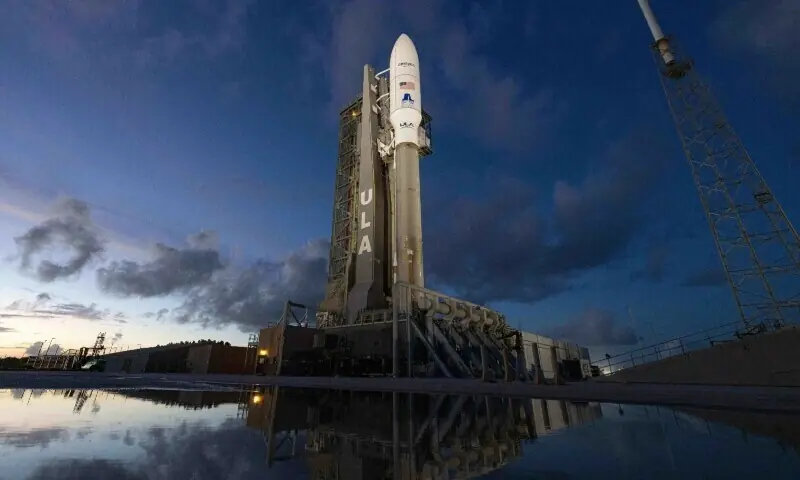ISLAMABAD: After Starlink, a European giant and a Chinese company, Amazon’s satellite broadband initiative — Project Kuiper — has expressed interest in rolling out its services in Pakistan.
In a meeting with Minister for IT and Telecom Shaza Fatima Khawaja, a delegation from Amazon outlined plans to launch Project Kuiper in Pakistan by the end of 2026. The delegation, led by Mostafa Mousa — Project Kuiper’s lead for Licensing and Regulatory Affairs in Europe, the Middle East and Africa — also included Jeff Kietzemen and Hisham Alshaer.
The IT minister welcomed the delegation, stressing that this development signals growing confidence among global tech giants in Pakistan’s expanding digital economy. She noted that the entry of Project Kuiper would create new opportunities for affordable, high-speed internet, particularly in remote and underserved communities where traditional connectivity options remain limited.
Project Kuiper is Amazon’s Low Earth Orbit (LEO) satellite network, which plans to deploy 3,236 satellites to deliver broadband speeds of up to 400 Mbps using low-cost user terminals.
Minister insists move signals tech giants’ growing confidence in Pakistan’s digital sector
The delegation shared its intent to establish ground infrastructure in Pakistan, including gateways and points of presence (PoPs), to ensure stable connectivity and smooth integration with local networks.
Welcoming Amazon’s plans, Ms Fatima said the partnership aligns perfectly with the government’s vision of “Digital Nation Pakistan”.
“This initiative is not just about faster internet — it’s about opportunity,” she noted. “With Project Kuiper, we are taking a concrete step towards digital inclusion so every citizen, no matter where they live, can connect, learn and grow.”
The Ministry of IT and Telecom emphasised that collaborations like these will create new opportunities for Pakistan’s IT sector, boost innovation and e-commerce and strengthen Pakistan’s position in the global digital ecosystem.
Pakistan’s satellite broadband policy is guided by the Pakistan Satellite Services Regulatory Policy (PASRP), which defines procedures for foreign operators seeking landing rights and spectrum access. Several international companies have already shown interest.
SpaceX’s Starlink has completed preliminary technical submissions, while OneWeb, a subsidiary of the French group Eutelsat, has opened talks for gateway testing and commercial collaboration.
The application of the Chinese satellite internet provider, SSST, is currently in the initial process.
Amazon’s Project Kuiper has now become the fourth major global LEO satellite operator to formally engage with Pakistan.
The PASRP’s regulatory framework requires satellite operators to secure multiple clearances, including landing rights, gateway licensing, spectrum allocation and security vetting, through bodies such as Suparco, the Frequency Allocation Board, Pakistan Telecommunication Authority, and the Ministry of Interior.
Published in Dawn, October 10th, 2025



